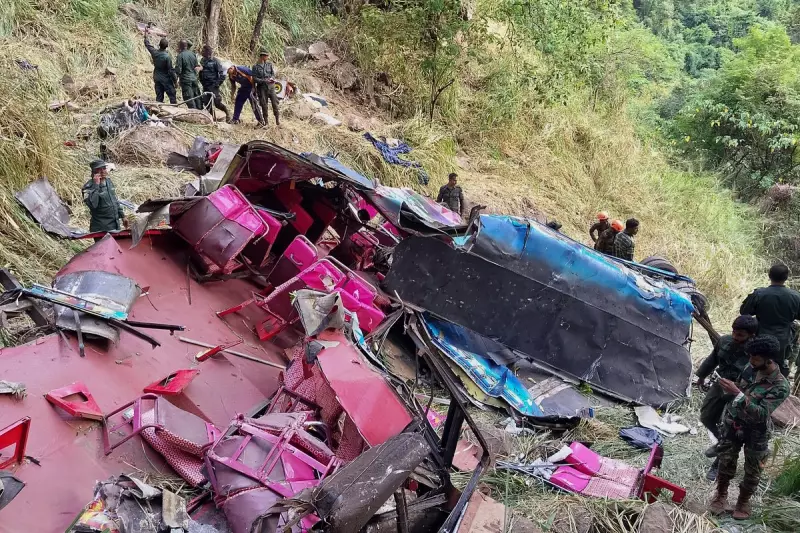
The Sri Lankan government has plunged the nation into a state of emergency, granting security forces sweeping powers to arrest and detain individuals in a bid to quell a fresh wave of violent unrest. The drastic measure comes after coordinated mob attacks, allegedly incited by social media rumours, targeted politicians in the capital.
Authorities have pointed the finger at online platforms for spreading false information that ignited the violence. In a swift response, the government imposed a temporary ban on social media platforms, including Facebook, WhatsApp, and YouTube, in an attempt to staunch the flow of inflammatory content and prevent further coordination between mobs.
A City on Edge Under Curfew
The city of Colombo remains under a strict police curfew, with armoured vehicles and military personnel patrolling the streets to enforce order. The tense atmosphere follows a series of brutal assaults on political figures, with government minister Amarakeerthi Athukorala among those killed in the clashes.
This state of emergency is the latest chapter in Sri Lanka's profound economic and political crisis. The nation has been gripped by severe shortages of fuel, medicine, and food for months, leading to widespread anger and mass protests demanding the government's resignation.
A Nation's Deepening Crisis
Analysts fear the new emergency powers could be used to suppress peaceful dissent and exacerbate the turmoil. The government defends its actions as a necessary step to protect citizens and restore calm, but opposition groups and rights activists have condemned the move as an authoritarian overreach.
The situation remains highly volatile, with the world watching to see if this state of emergency will curb the violence or simply add fuel to the fire of Sri Lanka's worst crisis in decades.





